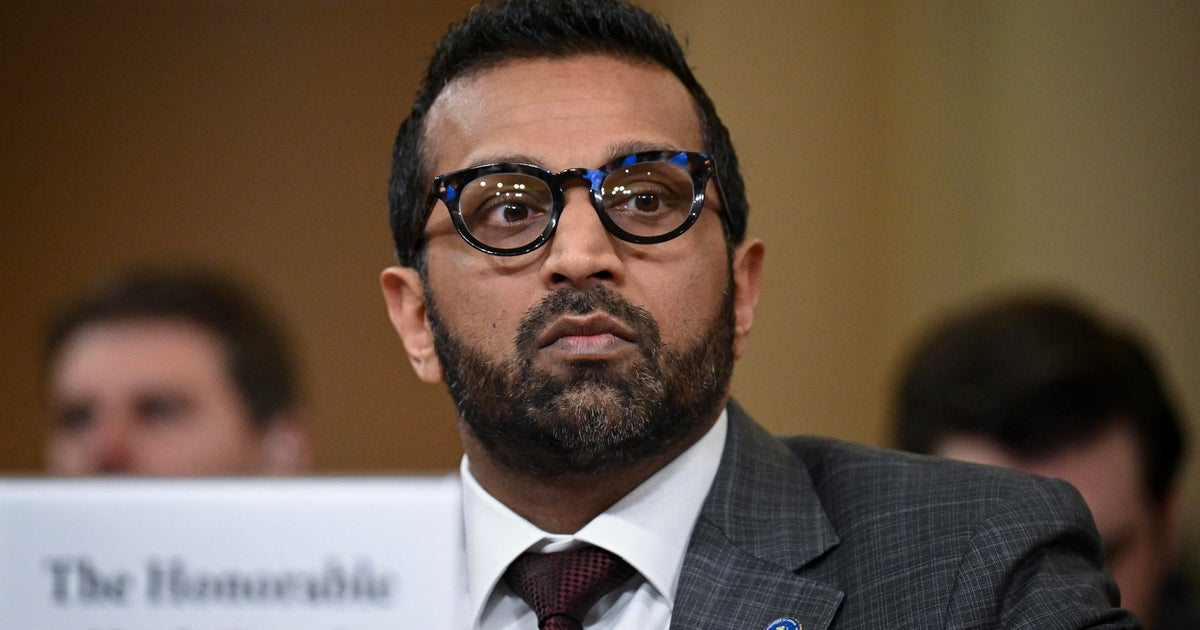In-depth Investigation into FBI Director Kash Patel’s Use of Government Aircraft: A Closer Look
Amid growing scrutiny over the usage of federal resources for personal activities, Senate Democrats recently initiated a request for the U.S. Government Accountability Office (GAO) to conduct a thorough examination of FBI Director Kash Patel’s use of government aircraft. This inquiry not only focuses on Patel but also spans the conduct of all FBI directors since 2013, shedding light on potential misuse of government assets and the financial implications associated with it.
The controversy surfaced from reports by reputable sources such as CBS News and The New York Times, which revealed instances of Patel reportedly utilizing FBI aircraft for personal reasons. These allegations include trips made to meet his girlfriend and to attend various sporting events, raising questions about the appropriate use of government resources.
Understanding the Regulations
According to the policies governing executive branch officials, FBI directors are compelled to utilize government aircraft for all forms of air travel, whether for official duties or personal reasons. This policy aims to ensure that directors can access secure communication systems at all times and respond swiftly to emergencies. However, for personal travel, directors must reimburse the bureau at rates equivalent to commercial coach fares. Additionally, when family members or friends accompany them on such trips, their travel expenses are also expected to be reimbursed to the government.
Despite these regulations, the specifics of Patel’s uses of FBI aircraft, such as detailed flight schedules and the nature of his trips, remain largely undisclosed due to security concerns. This non-disclosure fuels further speculation and calls for transparency into how these resources are used.
Recent Scrutiny and Public Attention
Recent instances flagged in media reports highlight Patel’s travels that align suspiciously with personal engagements. In one noted case, he attended a charity hockey game at West Point, followed by his appearance at a hockey match featuring the famous player Alex Ovechkin in New York. In another example, Patel was reported to have used the FBI’s Gulfstream 5 jets for trips to Las Vegas, where he owns a home, and Nashville, where his girlfriend, a country singer named Alexis Wilkins, resides.
While some trips seemed to blend both official duties and personal errands, the crux of the issue lies in determining the scrutiny of such mixed-purpose travels and ensuring compliance with guidelines that require reimbursement for the personal portion of the travel.
Reaction from the Judiciary and Across the Board
The unfolding events prompted Senator Dick Durbin, a prominent figure on the Senate Judiciary Committee, to express serious concerns over the apparent misuse of taxpayer dollars. Conversely, responses from the Republican side of the Senate Judiciary Committee, particularly from Senator Chuck Grassley, were notably absent, reflecting a potentially partisan divide on the issue.
Historically, the use of FBI aircraft by previous directors has also come under congressional radar. Christopher Wray, Patel’s predecessor, faced criticisms over his travel habits, which he defended by highlighting his compliance with all necessary reimbursement protocols.
GAO’s Historical Context and Future Prospects
The last extensive study by the GAO into the use of FBI aircraft was in 2013. While the investigation then disclosed minimal misuse, it underscored the imperative to avoid excessive personal use of such high-cost government assets. Diana Maurer, a GAO director involved in the previous report, echoed the sentiment that while the regulations provide certain allowances, the ethical considerations must guide the utilization of government resources to ensure that taxpayer funds are not squandered.
Given these developments, the re-investigation by the GAO looks to not only assess current practices but also redefine the boundaries and expectations for the use of government assets by high-ranking officials. This scrutiny arrives at a pivotal moment, as discussions around governmental transparency and the ethical use of public resources intensify.
Conclusion: A Call for Transparency and Accountability
As this investigation unfolds, it will undoubtedly ignite debates about the ethical standards expected of public officials and the transparency required in their official conduct. The outcomes could lead to tighter controls and clearer guidelines governing the use of government resources, ensuring that these assets are used responsibly and in the public interest. The scrutiny of Kash Patel’s travel habits thus serves as a critical juncture in the ongoing discourse over accountability and ethical governance within the highest echelons of federal law enforcement.









